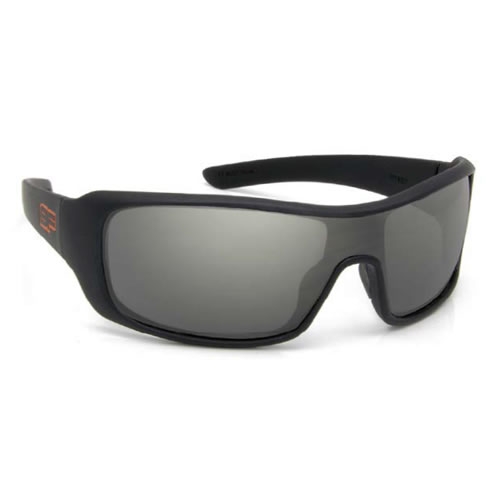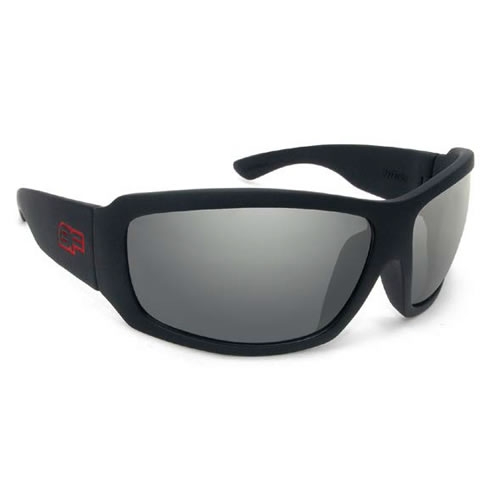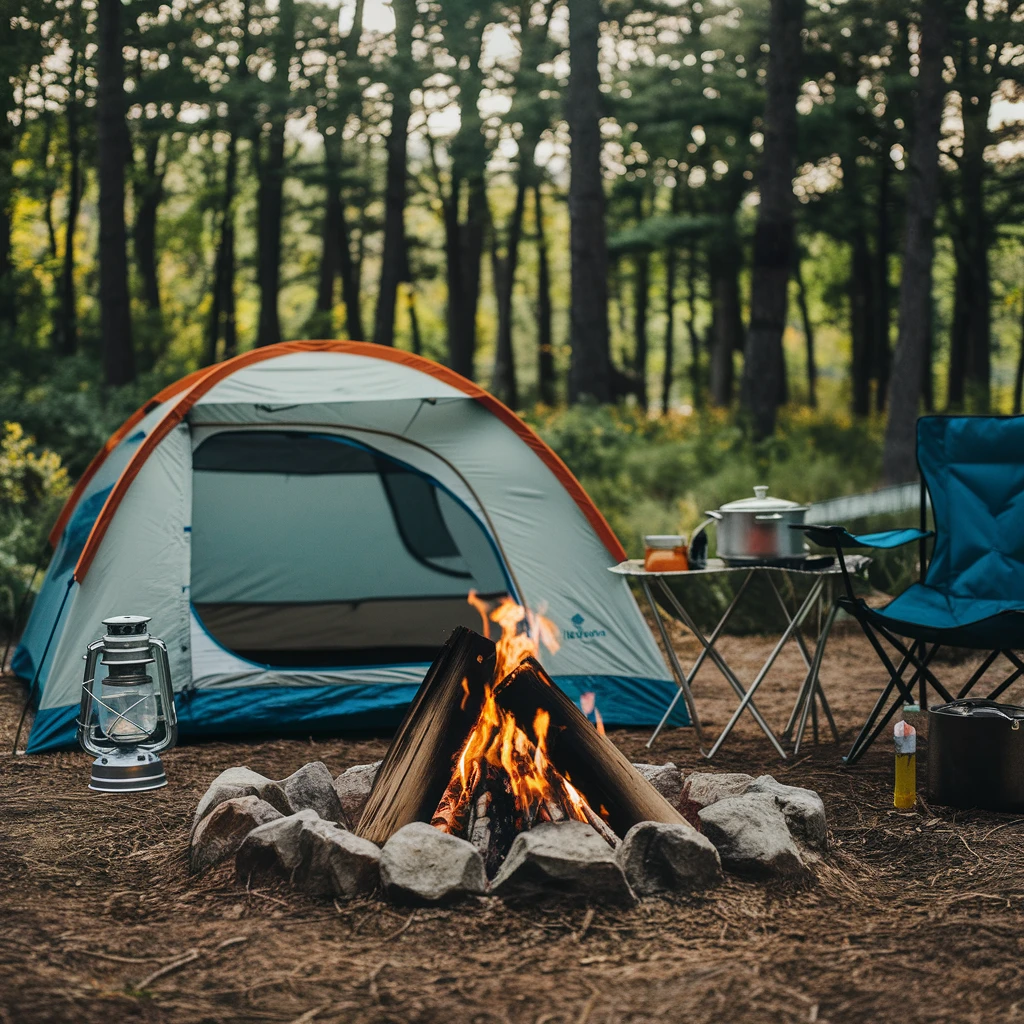5 Simple Checks To Prevent Issues Offroad
Off road driving puts your vehicle through a lot, and you need to keep on top of your maintenance much more than a normal driver does. Modern cars are pretty reliable, and you can usually get away with checking the tyre pressure every couple of weeks and giving the engine compartment a once-over before any long trips. That won’t do if you’re 4wd touring, though. Rattling around on corrugated tracks, or ploughing through the bush, can shake things loose in a hurry and you need to keep an eye on it all to make sure no problems are developing. Do that and you should be able to fix most things before they become serious; neglect it and you can find yourself stuck.
Most of us are pretty good at checking the big things – coolant, oil, tyre pressure and that sort of stuff – but sometimes it can take a bit of experience before you realise that small things can be just as important. That experience might be expensive, or even dangerous, to collect. Here’s a few suggestions to make it less dramatic for you.
-
Wheel nuts. If you’re crossing rough ground you’ll be checking your tyres regularly, but how often do you check your wheel nuts? Off road driving can put a lot of sideways pressure on a wheel, and sometimes that’s enough to start the nuts moving. Once there’s any play in them vibration will do the rest. Every time you check the tyres make sure the nuts are at least finger tight.
-
Fuses. It’s not just nuts that can vibrate loose. Fuses can too. Before you set off in the morning pop the box open and check all the fuses are firmly seated. Make sure your spares are properly packed too – rattling around won’t do them any good.
-
Shocks. A lot of normal cars have shocks that are well past their best. Considering the beating they take off road, our guess is plenty of 4wds are in the same boat. Shocks should be part of your pre-trip checks, but looking for any signs of damage or failure when you stop for the night won’t hurt. You should have at least one spare in your emergency kit.
-
Screen wash. This is one that often gets overlooked when other fluids are being checked. It’s also one you often need in a hurry – getting splashed with someone else’s mud can block your view, but so can driving into a swarm of insects. Make sure you have enough fluid to wash off the splatted ones.
-
Winches. A winch is one of the best ways to recover yourself if you get stuck – but they do need regular checks. Winches apply a lot of force, and if everything isn’t working smoothly they can be pretty dangerous to be around. Check to make sure the cable is coiled down neatly on the drum; slack or tangled cables can be a serious hazard. Look for any kinks or frayed bits too.
That’s not an exhaustive list of things to check. Anything on a 4wd can go wrong, even if it’s not very likely to, so it’s worth paying a bit of attention to the small things. Systems and accessories you don’t use very often can go wrong without you noticing, so take an occasional look at those too. When you stop for a break, have a quick poke around the vehicle while your brew water is heating up – it could save you a lot of dramas.







